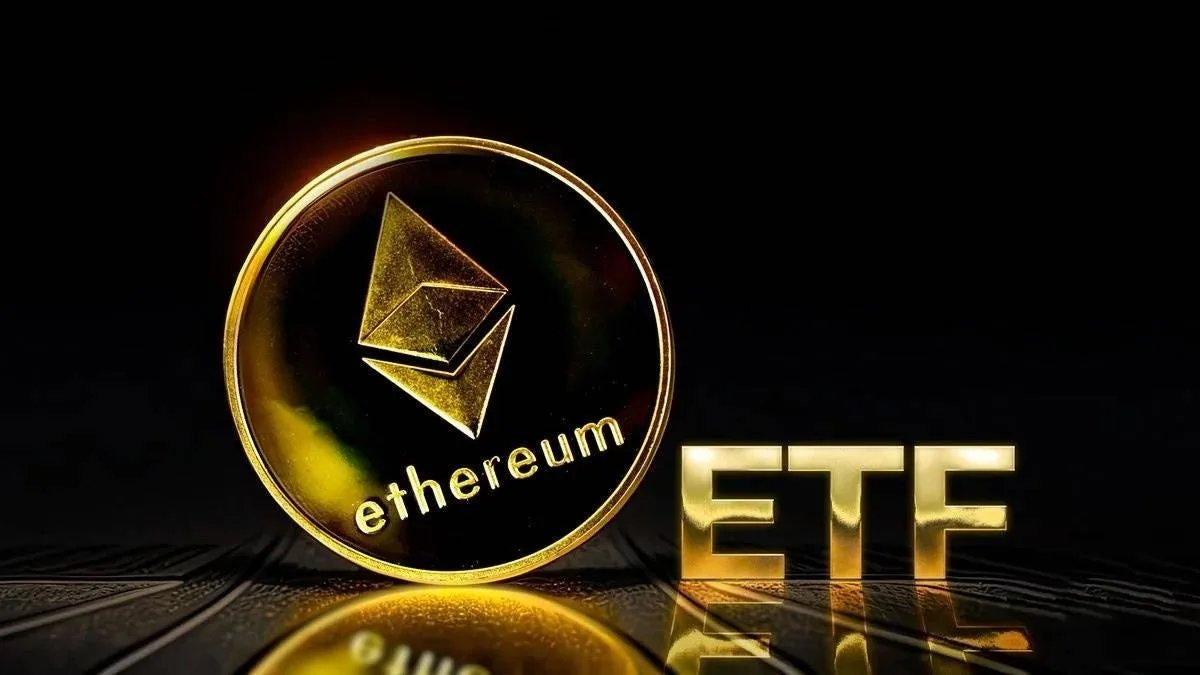|
Getting your Trinity Audio player ready...
|
Spot Ethereum ETFs experienced a turbulent week, marked by significant inflows and outflows that painted a complex picture of investor sentiment. While the overall net inflow for the week reached nearly $105 million, underlying trends revealed diverging paths for different ETFs.
BlackRock’s Ethereum ETF emerged as the week’s standout performer, consistently attracting substantial inflows. Its dominance was particularly evident on Tuesday, when it secured over $109 million in new investments. Fidelity’s Ethereum ETF also recorded consistent inflows, albeit at a smaller scale.
Conversely, Grayscale’s Ethereum Trust (ETHE) faced persistent outflows throughout the week, culminating in a staggering $2.29 billion in cumulative historical net outflows. This divergence highlights a shift in investor preference away from Grayscale and towards other Ethereum ETF options.
The week’s volatility was underscored by a midweek reversal, with net outflows surpassing inflows on Wednesday. While Thursday saw a moderation of outflows, the overall trend indicated a cautious market.
The impact of these ETF flows on Ethereum’s price remains uncertain. While some analysts suggest a potential push towards the $3,000 mark, driven by bullish sentiment, others point to technical indicators suggesting a possible decline to $1,830.
A notable development is the changing dynamics between Bitcoin and Ethereum. Bitcoin is increasingly perceived as a “digital gold,” attracting institutional investors, while Ethereum’s appeal as a speculative asset appears to be waning. This shift is reflected in the widening gap in implied volatility between the two cryptocurrencies.
As the Ethereum ETF market continues to mature, investors will closely monitor these trends to gauge the overall sentiment towards the second-largest cryptocurrency. The battle between bulls and bears, coupled with the evolving dynamics of the ETF landscape, promises to shape the future of Ethereum’s price trajectory.
Disclaimer: The information in this article is for general purposes only and does not constitute financial advice. The author’s views are personal and may not reflect the views of Chain Affairs. Before making any investment decisions, you should always conduct your own research. Chain Affairs is not responsible for any financial losses.
I’m a crypto enthusiast with a background in finance. I’m fascinated by the potential of crypto to disrupt traditional financial systems. I’m always on the lookout for new and innovative projects in the space. I believe that crypto has the potential to create a more equitable and inclusive financial system.




